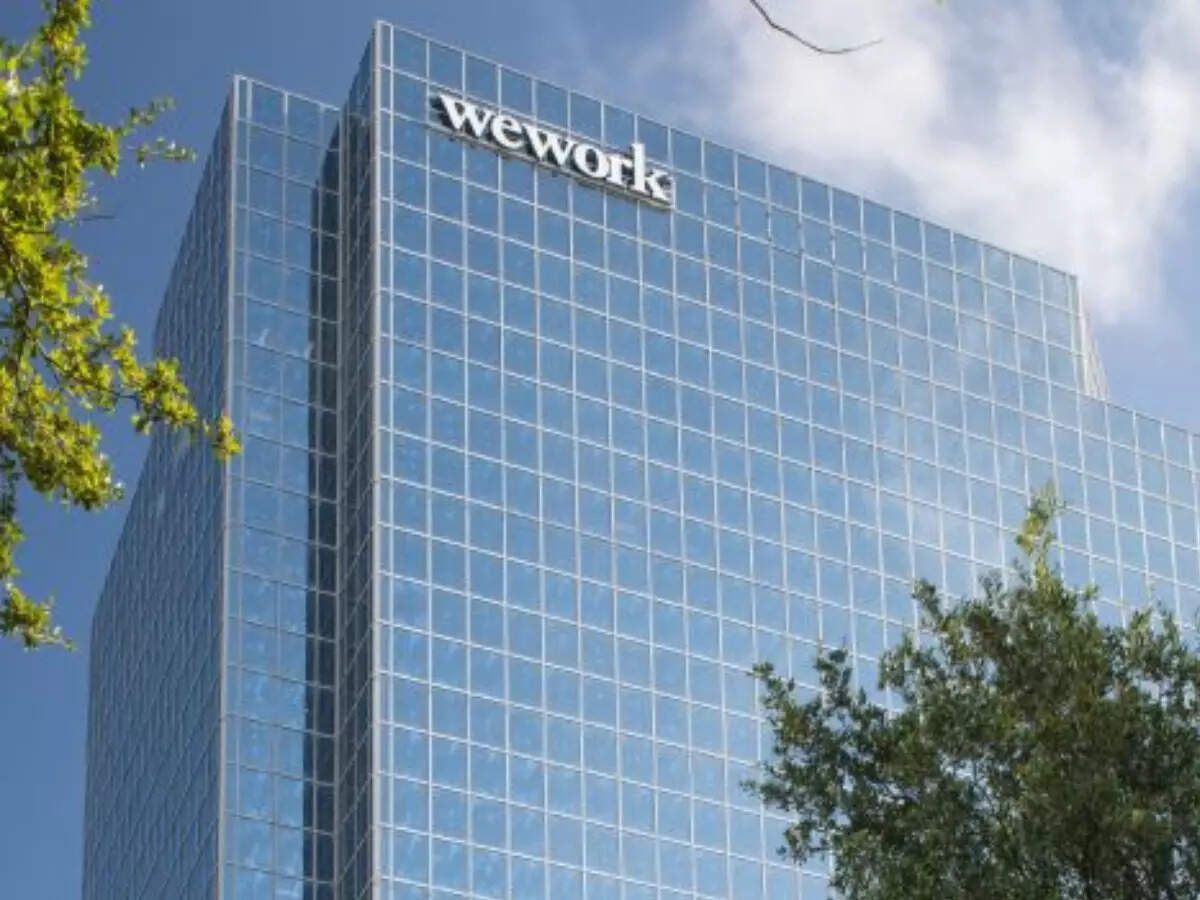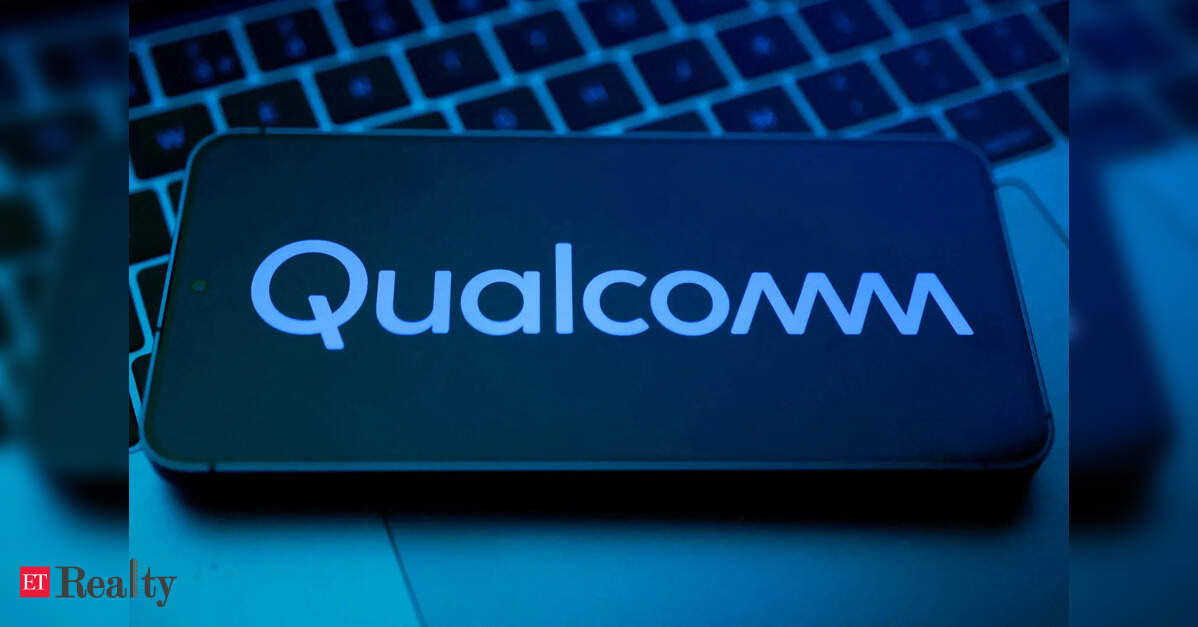
WeWork India Management has responded to governance concerns highlighted in a Governance Watch report from InGovern. Following this, InGovern issued an addendum that included the company’s clarifications.
The clarifications cover various issues related to the company’s recent initial public offering (IPO), including its structure, financial eligibility, internal controls, and legal matters involving promoters.
In response to concerns regarding the IPO being completely an Offer for Sale (OFS) without new capital, WeWork India emphasized its ability to generate enough free cash flow and EBITDA to support operations and growth. The company noted a promoter investment of Rs 5,012.81 million through a rights issue earlier in 2025 was made at a valuation exceeding the upper price band of the IPO, asserting that current regulations support a pure OFS model.
WeWork India also addressed worries about its eligibility under SEBI’s profitability route for IPOs. The company clarified it filed the IPO under Regulation 6(2) of SEBI’s ICDR Regulations, which is used by companies without profitability or asset requirements, citing examples of other firms that have followed the same route.
Regarding its reported negative net worth of Rs 4,374.5 million as of March 31, 2024, WeWork India attributed this to lease accounting norms under Ind AS 116. It explained these lease payments are non-cash items, not reflective of operational performance, and highlighted a net worth of Rs 1,896.82 million as of June 30, 2025, alongside an adjusted EBITDA of Rs 4,212.55 million in FY25 after accounting for lease-related cash outflows.
Addressing cash flow and debt concerns—specifically that lease obligations consumed 43.25% of FY25 revenue—WeWork India stated that lease payments are intrinsic to its asset-light business model, akin to raw material costs in manufacturing.
Furthermore, the company has reported positive operating cash flows since FY2023 and has reduced financing costs recently, emphasizing that a large portion consists of lease liability interest due to accounting standards under Ind AS 116.
WeWork India defended its occupancy rates, stating that even with an occupancy of 80.7%, it achieved a robust adjusted EBITDA margin of 21.61%, the highest among its peers.
InGovern also brought attention to ongoing criminal proceedings involving promoters Jitendra and Karan Virwani, citing potential governance risks. In its defense, WeWork India confirmed that all relevant matters were disclosed in the IPO’s offer documents under “Outstanding Litigation and Other Material Developments.”
The company pointed out that the “fit and proper” criteria under SEBI’s Intermediaries Regulations do not apply to issuers, and referenced recent court decisions that did not grant interim relief in related petitions while acknowledging factual omissions by complainants.
WeWork India confirmed the licensing of the “WeWork” brand under a 99-year agreement from WeWork Global, stating that such licensing is standard industry practice, remaining valid as long as Embassy Buildcon LLP and the promoter group maintain control, which they will post-IPO.
Addressing concerns regarding technology dependency on systems licensed from WeWork Global, the company ensured that adequate disclosures were included in the offer documents and that it has a stable operational agreement with WeWork International.
WeWork India responded to audit observations about material weaknesses in internal financial controls over FY22–FY24, asserting that these weaknesses had been resolved by March 2025, and no additional disclosures were necessary by the time the Red Herring Prospectus (RHP) was filed.
Regarding related party transactions, the company noted that an average of 10.18% of total expenses involved related parties, mostly for facility management and brand/technology fees, with prices supported by certifications from an independent audit firm.
InGovern raised the concern of promoter share pledges as a control risk, citing that a majority of promoter shares were previously pledged against borrowings. WeWork India confirmed the IPO was listed within the necessary 45-day timeframe after the release of pledged shares, ensuring those shares would not be re-pledged.
They also informed that approximately Rs 1,748 crore of the OFS proceeds were allocated to repaying the related debt, reducing the pledged shares to 15%.
WeWork India acknowledged that FY25 profits were largely due to a deferred tax credit but highlighted that adjusted EBITDA figures provide a clearer view of operational performance, reporting adjusted EBITDA margins of 21.61% for FY25, 20.40% for FY24, and 14.55% for FY23.
The company addressed concerns about revenue concentration, stating that Bengaluru and Mumbai, its largest office markets, represent only about 2% of India’s total commercial real estate stock, allowing for further expansion.
WeWork India reaffirmed that its offer documents complied with SEBI regulations and transparently disclosed all pertinent information, including litigation and risk factors.
The company emphasized strong operational metrics, the stability of its brand license, and continued effective control by its promoter group. It concluded that the successful listing indicates stakeholder confidence in the business’s long-term outlook.
WeWork noted its ongoing engagement with proxy advisory firms and investors to alleviate any governance concerns expressed in the public domain.
(Disclaimer: Recommendations, suggestions, views, and opinions expressed by experts are their own and do not represent the views of The Economic Times)




